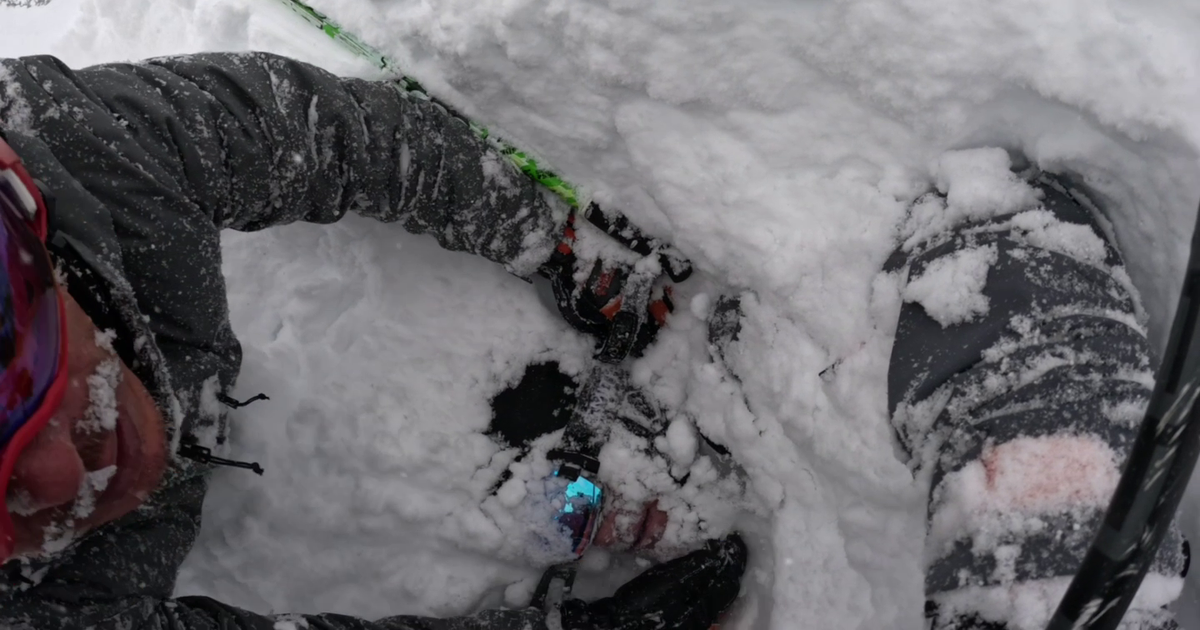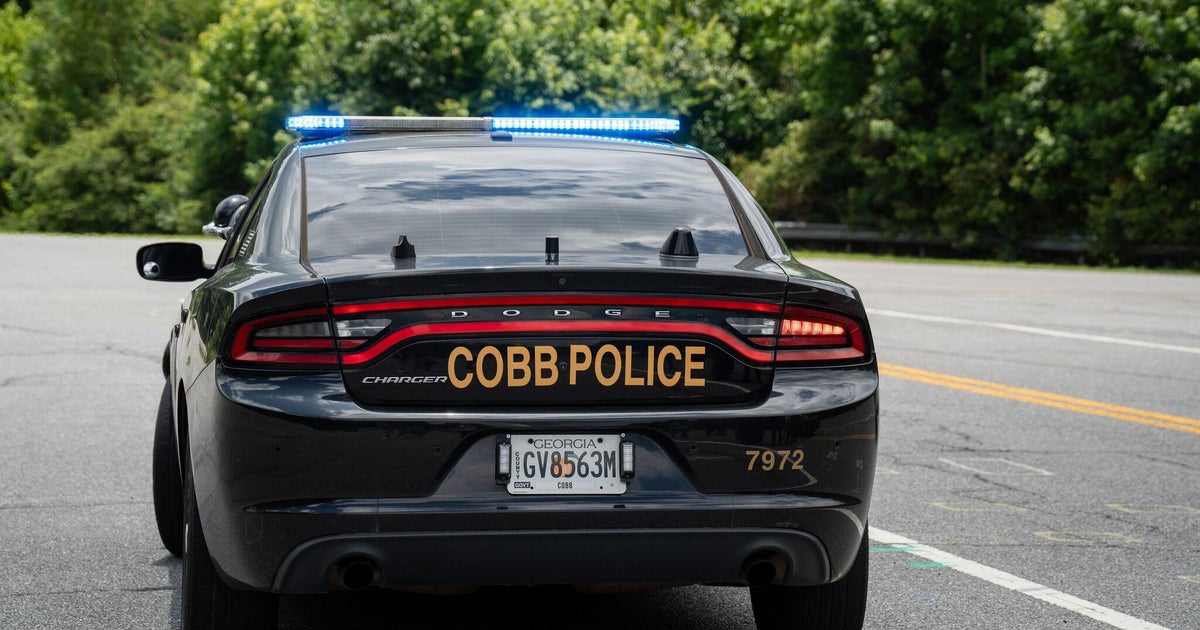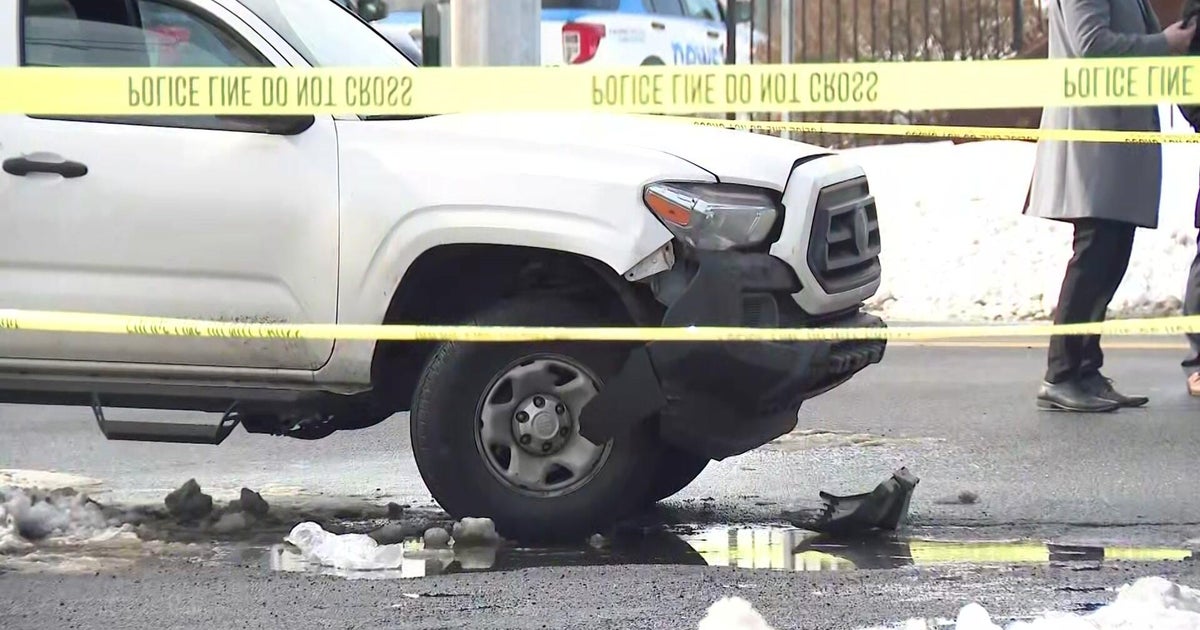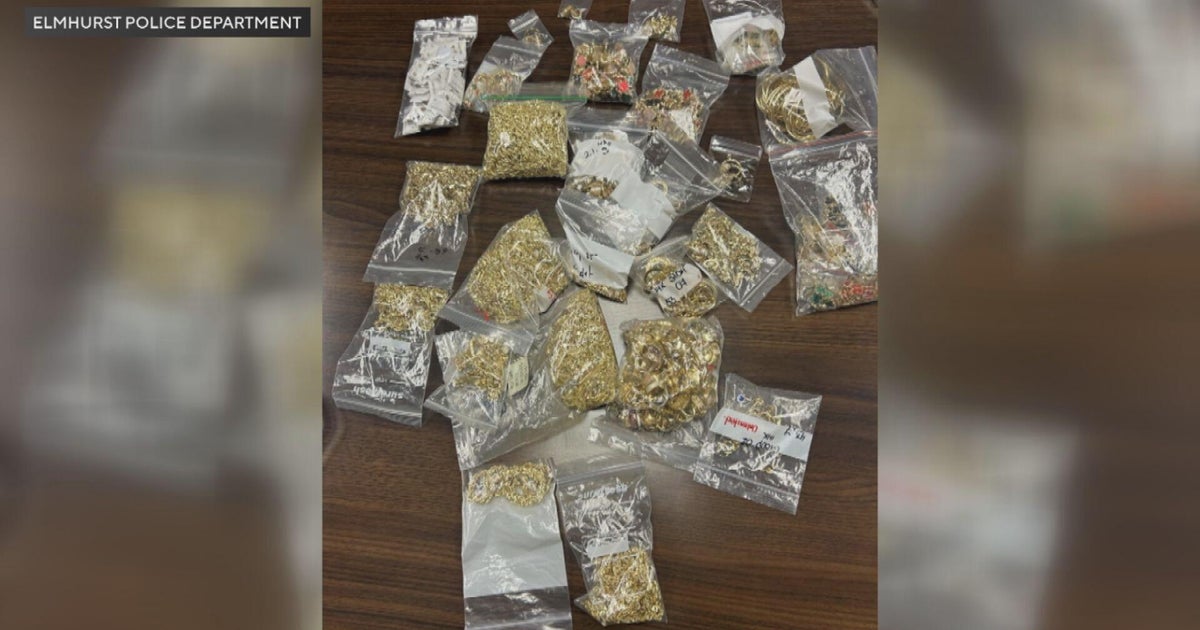Proposition 64: How Will Legalized Marijuana Affect California Workplaces?
SACRAMENTO (CBS13) — There is a cloud around many marijuana questions now that recreational use is legal in California, especially when it comes to employee and employer relationships and the boundaries between work and home.
"You can see here it tests for THC which is the active ingredient in marijuana," Jeff Hastings owns the ARCpoint Lab franchise in Sacramento.
He knows drugs and he knows how to test them.
The business conducts drug tests for police and about 700 other employers. Some of which say they're struggling to find clean employees.
"I think a lot of marijuana smokers are going to have the false impression of, oh, well now I can come to work stoned," said Hastings.
They can't, even with legal recreational marijuana.
"The freedom to do something outside the workplace does not translate to freedom within the workplace," said Barbara Cotter.
She is an attorney with Cook Brown LLP. They specialize in employer law.
"The employer has the right to say we want productivity at work. We want a safe workplace and were not going to allow anyone under the influence of any intoxicating drugs or substances in the workplace," explained Cotter.
But there is a legal gray area. "Under the influence" and "in one's system" are two different things, and both can get you fired.
"A big part of the misunderstanding or problems that is out there is that folks don't understand the difference of presence in system and intoxication," said Hastings.
Marijuana is stored in fat cells and can remain in a person's body for weeks, but that doesn't necessarily mean that person is impaired.
"We need the research that is going to tell us, OK, what is the level where you are under the influence," explained Hastings.
Prop 64 doesn't address this issue. Employers and police especially, have no way of separating the two, which is unlike alcohol where the lines are clear.
"There is no analog for .08 with marijuana. Nobody knows what that number would be," said Hastings.
Prop 64 does direct $3 million a year from the eventual tax revenue to the California highway patrol to research and determine what will be the legal limit for marijuana. It's a process that is still being worked out in Colorado, which legalized recreational marijuana in 2012.







